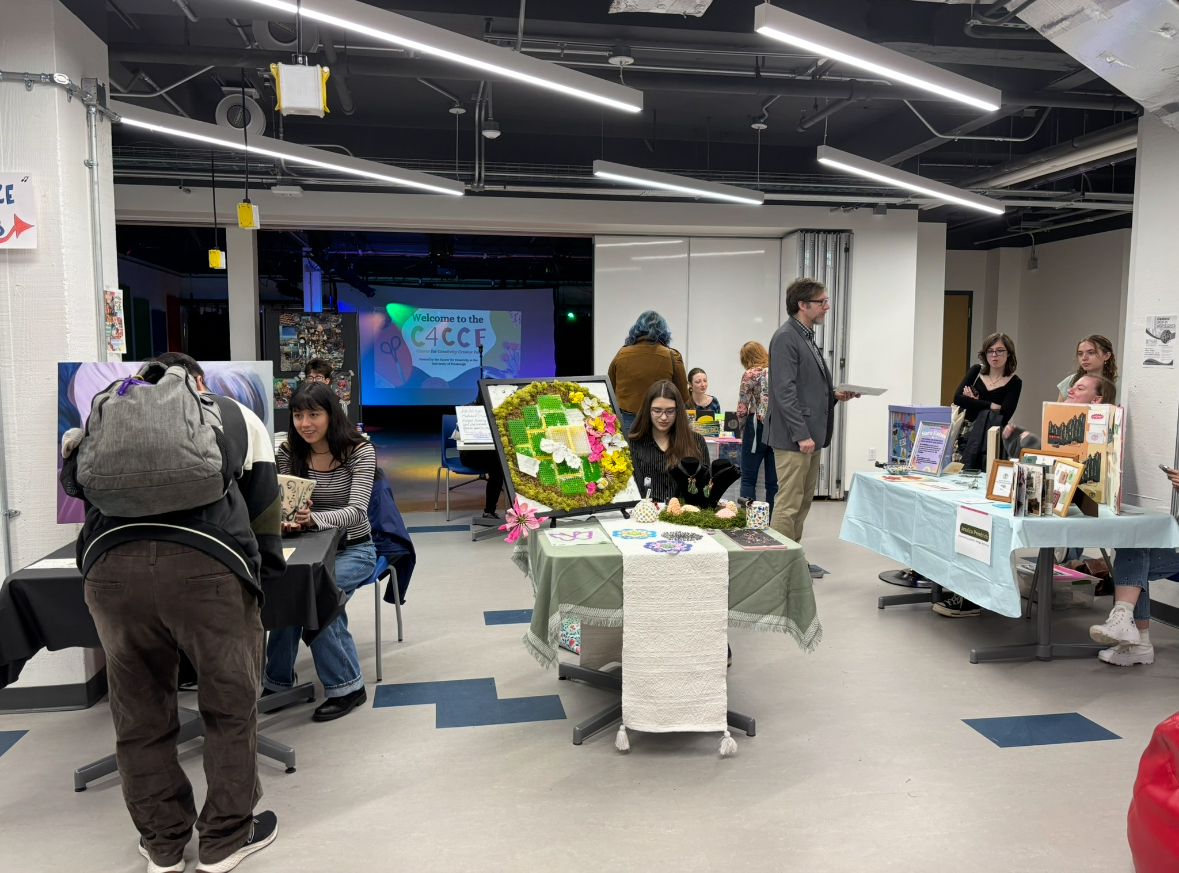40 years after protests, Pittsburgh shows its pride
June 10, 2009
Pittsburgh’s Pride Week offers supporters of gay and lesbian rights a chance to celebrate… Pittsburgh’s Pride Week offers supporters of gay and lesbian rights a chance to celebrate their diversity. But this year, more than others, they will remember the violent struggles of their predecessors.
This year marks the 40th anniversary of the Stonewall riots.
On June 28, 1969, police raided a gay bar in New York City called the Stonewall Inn, checking to see whether the people were actually the gender they expressed. Though police had previously raided the bar, patrons decided they had had enough.
Hundreds of people violently protested for several nights. The riots are often credited with beginning the gay and lesbian rights movement.
“I think that’s something that many of the younger [lesbian, gay, bisexual and transgender] people don’t understand. Compared to people 20, 30 years ago, we have it really good now,” James Weaver, president of the Rainbow Alliance, said. Rainbow Alliance is Pitt’s student interest group for gay, lesbian, bisexual, transsexual and queer rights.
The live-and-let-be attitude of people younger than 30 has helped advance the gay rights movement, Gary Van Horn Jr., president of the Delta Foundation of Pittsburgh, said. This group will organize the city’s Pride Week.
“I would say that the younger people are a lot more accepting. They are a lot less judgmental than older folks,” he said. “To say that the young people are helping is true, but if it wasn’t for the people in the ’70s and ’80s coming out, we wouldn’t be here today.”
Pittsburgh’s first pride festivals can be traced back to the early ’60s, Van Horn said. Though historians are still piecing together parts of the story, he understands that there was a group of women who would meet in a park to show their pride.
For the last 10 years, the city of Pittsburgh and Pitt have made pivotal policy decisions that have made the city more welcoming to gays and lesbians.
Pitt law professor Anthony Infanti, a guest speaker at two Pride Week forums earlier this week, noted some of these landmarks.
“In particular, I have been happy to see the Pride parade move from Shadyside and Squirrel Hill to Downtown, which I view as a sign of increased visibility for the event,” he said in an e-mail.
Van Horn also noted the city’s support of Pride Week, adding that it’s the only parade that shuts down the busy stretch of Liberty Avenue between Seventh and 10th streets during the day.
Voters in District 3, which includes the South Side, Carrick, Mount Oliver and parts of Central and South Oakland, among other neighborhoods, elected Bruce Kraus as the city’s first openly gay councilman in 2007.
During last year’s Pride Week, Mayor Luke Ravenstahl signed a law to make a domestic partner registry for the city.
Pitt also amended its nondiscrimination policy last year, protecting “gender identity and expression,” Pitt alumnnus and former president of the Rainbow Alliance Aaron Arnold said, adding that this victory was a long time coming.
“I think that Pitt is five to 10 years behind our peer schools,” he said.
Pitt spokesman John Fedele declined to comment on that remark, saying that he didn’t think Arnold’s claim was substantiated.
Arnold helped to establish the Allies Network two years ago to educate Pitt faculty and staff about how to sensitively interact with GLBT people. The optional forum includes a lecture, as well as a student panel to receive questions that attendees might feel uncomfortable to ask elsewhere.
“Raising the number of straight allies is a big part of the program. You’re asked to put a sign [a rainbow-colored Cathedral] to be a visible ally of the GLBT community,” Arnold said.
He added that the city has become noticeably more receptive to gay people in his four years at Pitt.
“There’s no informal ‘gayborhood,’ like in other cities” he said. “You don’t have to worry about being in the wrong part of town. You can go out with your significant other and it’s no big deal.”
Van Horn said a high school contacted him because a student wanted to start a gay-straight alliance. He said such alliances on college campuses are fairly new, and he never imagined one when he was in high school.
“I think what’s considered ‘acceptance’ is changing,” he said. “It’s cool to be gay, and it’s cool to have a gay friend.”
But many gay, lesbian, bisexual and transgender Pittsburghers still have hurdles to overcome, especially if they live outside of the city limits.
Infanti said he feels upset that the state legislature is “once again wasting valuable time and state resources” by considering amending the state constitution to ban same-sex marriage because it has failed twice already. He said there’s more important legislation upcoming, as the county and state might add “sexual orientation and gender identity” to their nondiscrimination laws.
With the state and federal government not recognizing same-sex marriages, Infanti said that some people are making private contractual arrangements.
“Even the best and most comprehensive legal planning can only hope to recreate a fraction of the rights and obligations associated with marriage — there are many benefits of marriage that can only be given by the government,” he said.
But Van Horn and others are still hopeful that Pennsylvania will legalize same-sex marriage in a few years.
“We have six states that have it, and they haven’t burned and gone to hell yet,” he said with a laugh.
See Pride Week Events for a list of remaining activities.


